detail profile c8 98tefan b c4 83nic c4 83
Peran Yang Di Mainkan Ștefan Bănică
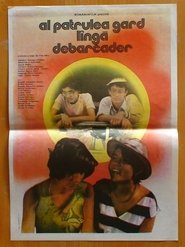 Miu and Mitic are two best...
Miu and Mitic are two best...Fourth Fence, by the Wharf 1988
Mișu and Mitică are two best friends. Everything changes when Cornelia shows up.
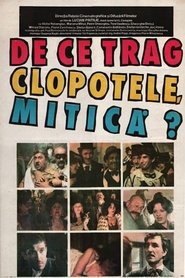 Based on a theatrical text by...
Based on a theatrical text by...Why Are the Bells Ringing, Mitica? 1981
Based on a theatrical text by Romanian writer Ion Luca Caragiale (1852-1912), who was a bitter and funny witness of the turn-of-the-20th-century Romanian bourgeois mores, Carnival Scenes manages to preserve and further enhance the slightly hysteric atmosphere of his plays. Pintilie creates a strange combination of carnival scenes which is brought to the screen as a burlesque, fast-paced, screwball comedy with a meditative undertone. This film was banned in Romania for a decade until the death of Ceausescu in 1989 and was only released after the 1989 revolution.
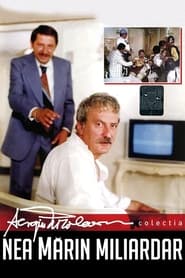 At a swanky hotel in a...
At a swanky hotel in a...Uncle Marin, the Billionaire 1979
At a swanky hotel in a Black Sea resort, Gogu, one of the hotel employees, meets his uncle Marin, an Oltenian peasant who has come to visit. Gogu says he can sneak Marin into the hotel, as one of the rooms is empty awaiting the arrival of an American billionaire, Mr. Juvett. Marin is amazed by the revealing clothing worn by women at the resort, while the hotel guests are fascinated by his quaint peasant costume. In the hotel room, Marin is perplexed by the various gadgets. Meanwhile, the gangsters learn that Juvett has arrived at the hotel. Juvett is the father of the kidnapped girl, and is coming to pass over a million dollar ransom. A rival gang, who know about the kidnapping, plan to take the ransom for themselves. They follow Marin, believing him to be Juvett.
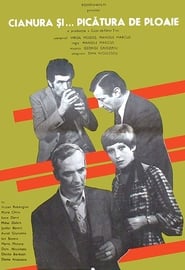 Investigation into the death of a...
Investigation into the death of a...The Cyanide and the Raindrop 1978
Investigation into the death of a modest cashier.
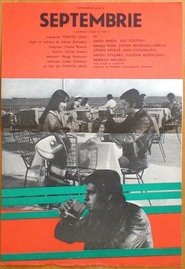 After he fails to be accepted...
After he fails to be accepted...September 1978
After he fails to be accepted in college, Vali is questioned by police for participating in various thefts. He needs an alibi and he thinks the best one would be his father in Bucharest. To get there, he steals a motorcycle. In Bucharest he meets store clerk Anișoara, and he invites her to a seaside escapade. Their one day of love and future optimism is ended abruptly by a tragic motorcycle accident.
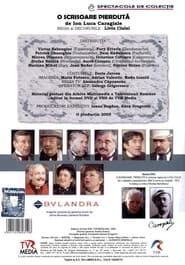 The plot take place in 1883 in...
The plot take place in 1883 in...A Lost Letter 1977
The plot take place in 1883 in a small provincial town in Romania, where the corrupt establishment decide everything, including - of course - who will be the "elected" representative to the national Senate. A love letter from the bachelor mayor to the wife of the local party chief, gets lost and found by a drunk party supporter. The letter finds its way to the opposition party, which decide to use the letter by blackmailing the powerful local "camarilla", and to get his own man to represent the county. What follows is not easy to guess...
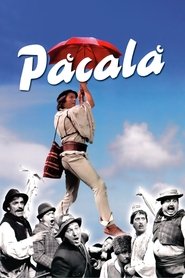 Pacala is an important hero in...
Pacala is an important hero in...Păcală 1974
Pacala is an important hero in Romanian popular tradition. He is always making fun of everything wrong with the human behaviour such as stupidity, greed or vanity. His attitude and actions always bring damages to the mean, evil and materialistic people. So beside the jokes, the movie has this philosophical layer, undoubtedly because Pacala's independent way of being, free spirit and his love for the nature creates a way of seeing life, bringing joy. Filmed in a very beautiful part of Romania in 1974, the movie had an important success at that time and it is considered one of the most loved movies in Romania ever. Like the hero, found in many stories and jokes, the movie forwards the spirit of true freedom and pure link with the nature, forgetting about times and governments.
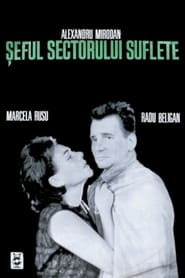 Magdalena a young chemist imagines how...
Magdalena a young chemist imagines how...Chief of the Souls Sector 1967
Magdalena, a young chemist, imagines how the perfect man should look like. Gore, a meteorologist, former friend who was in love with her identifies in the end with the true love imagined by Magdalena.
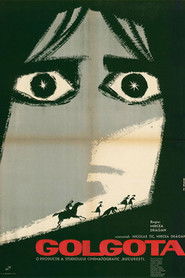 Six widows demand compensation for the...
Six widows demand compensation for the...Golgotha 1966
Six widows demand compensation for the death of their husbands, who were killed during a worker's strike. The women are arrested and taken to the police quarters, where the authorities try to make them retract their statements, but it turns out they're not so easily intimidated.
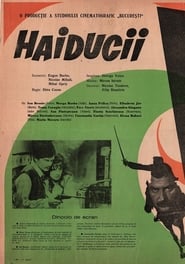 First of 2 films set during the 18...
First of 2 films set during the 18...The Outlaws 1966
First of 2 films set during the 18th century in the mountains of Wallachia, about a band of outlaws aiming to undermine the rule of the Phanariots and the Ottomans. The story evolves around the two stepbrothers who lead this band, Sarbu and Amza, with their complex and violent relationship.
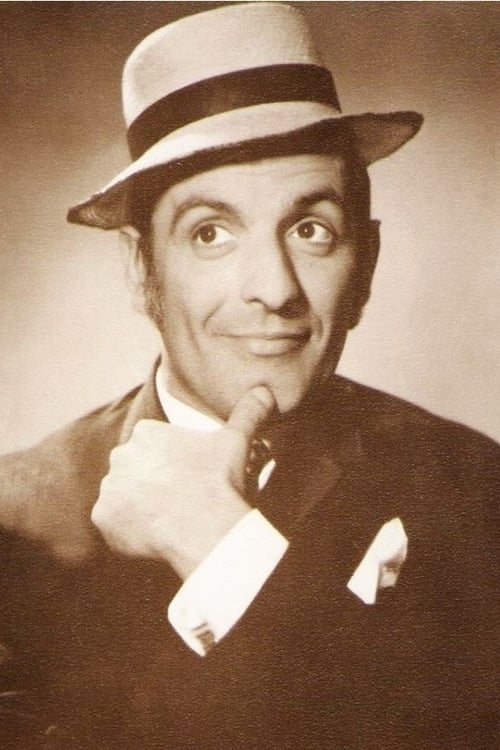
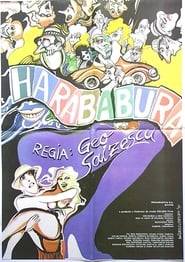 A few unrelated groups of people...
A few unrelated groups of people...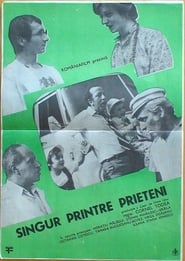 A motel manager pushes his unmotivated...
A motel manager pushes his unmotivated...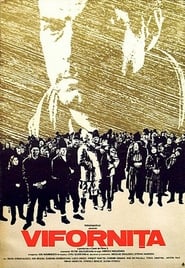 The struggle to convince the peasants...
The struggle to convince the peasants...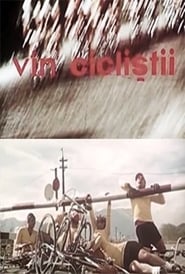 The humorous adventures of an allmale...
The humorous adventures of an allmale...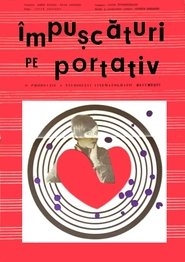
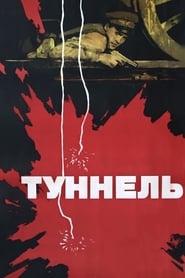 Romania 1944 Six intelligence agents Russians and...
Romania 1944 Six intelligence agents Russians and...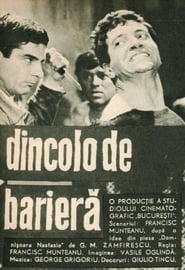 Vulpain is desperatley in love with...
Vulpain is desperatley in love with...